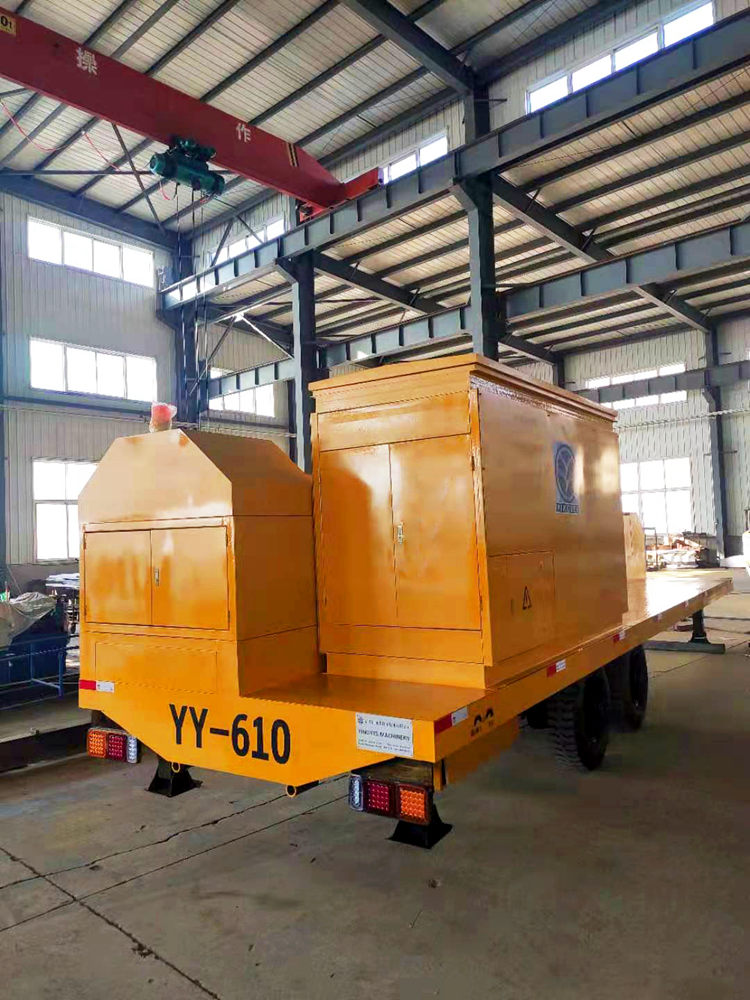
Understanding Extrusion Machines A Key Component in Manufacturing
Extrusion machines play a vital role in the manufacturing industry, serving as essential equipment for producing a wide range of materials, from plastics to metals. This transformative process begins with raw materials being fed into an extruder, where they are melted, mixed, and then forced through a die, resulting in continuous shapes or profiles. This article explores the various aspects of extrusion machines, their types, applications, and benefits.
At the heart of the extrusion process is the extruder itself, which typically consists of a hopper, barrel, screw, and die. The hopper is where the raw material is loaded, and the screw rotates inside the barrel to convey the material forward. As it moves, heat is applied to melt the material, and the pressure builds up until it reaches the die. The die shapes the material into the desired cross-sectional form, which is then cooled and cut into lengths for further processing or use.
There are several types of extrusion machines, each designed for specific materials and applications. For instance, plastic extrusion machines are commonly used to create components for packaging, automotive parts, and consumer products. In contrast, metal extrusion is typically utilized for producing components in the aerospace and construction industries. The choice of machine often depends on factors such as the material's viscosity, the complexity of the profile, and production volume requirements.

One of the primary advantages of extrusion machines is their ability to produce complex shapes with high precision and consistency. This makes them ideal for large-scale production runs, where maintaining uniformity is crucial. Additionally, the extrusion process is highly efficient, allowing manufacturers to minimize waste and reduce production time. Advances in technology have also led to the development of twin-screw extruders, which offer enhanced mixing capabilities and are suitable for processing a wider range of materials.
Moreover, extrusion machines are environmentally friendly, as they often use less energy compared to other manufacturing processes. The ability to recycle materials and reduce waste during production aligns with sustainable manufacturing practices, making extrusion an attractive option for many industries.
In conclusion, extrusion machines are indispensable in modern manufacturing, providing a versatile and efficient means of producing high-quality materials and components. Their ability to handle various materials and produce intricate shapes positions them as a critical technology in the industry. As manufacturers continue to seek sustainable and cost-effective production methods, the importance of extrusion machines is likely to grow, driving innovation and advancements in this field.